Review for The Filmmaker
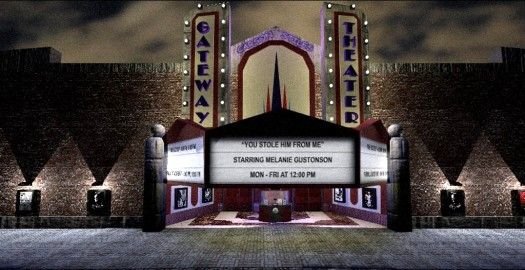
As a keen cinema-goer and a first-person adventure fan, The Filmmaker’s premise got me reaching for my figurative bucket of popcorn. In the new game from indie creator Chris Brendel (Lifestream, Shady Brook), the protagonist is a stranger who is invited to the première of the latest film by Claude Ferucil. But when you arrive at the Carson Stiles Gateway Theater, you’ll find it deserted, and only by solving a series of puzzles will you be able to uncover the grizzly truth behind its desolate state. The concept is intriguing enough, similar to The 7th Guest in its puzzle-based focus, but The Filmmaker is a game of varying quality – enjoyable in some parts while inconsistent graphics and unoriginal, loosely-integrated challenges detract from the overall experience in others.
Though the protagonist’s face is never seen or heard, nor even a name ever offered, you’ll soon find that your character is the only one who isn't a ghost (apart from one brief cameo by a character from another Brendel game). Upon arriving at the cinema, it seems as though the invitation was part of a hoax. Like any self-respecting adventure gamer, however, this stranger doesn't give up, and the first task is simply getting through the locked doors. Once inside, you’re given a task by the villainous (and spectral) Mr Ferucil, which will require you to explore inside different movies to overcome his many puzzling obstacles. Throughout the game, you will meet the other various victims of Ferucil, now in ghostly form but each with a distinct personality and a story to tell. As you encounter actors and other theatre employees like the manager and his daughter, more of their background is revealed, shedding new light on Ferucil's real motives.
The setting of the cinema has a 1920s-era feel to it, and provides a fun location to explore in its own right. It also acts as a hub for entering Ferucil's movies, and there are six to visit altogether. The names of the first five (naming the final one would be too revealing) are "A Detective Story", "The Count", "The Fuzzies", "Primal AtmosFear" and "Aliens from Mars". The names may sound cheesy, but according to Ferucil, that's exactly the effect he was going for. Each movie is meant to be representative of its genre: one is a kind of Star Trek spoof and another is a children's film with bunny rabbit characters, for example. It’s a great idea that allows for nice variety, but unfortunately the different movies represent the weak points of the game, relying too heavily on clichés and featuring some poor dialogue and uneven puzzle design. Paying homage with lines like “It was a stormy night, the kind of night that sent a chill down your spine.”, the dialogue sometimes sounds like it’s trying too hard at imitation. That may be acceptable for more dramatic scenes, but it’s annoying when trying to be funny. One of the aims often seems to be humour in this game, but most of the comedic lines fail to hit their mark.
The best of the movies is "A Detective Story", which succeeds with both good puzzles and an interesting story, where "The Fuzzies" doesn't really have a plot and would been more enjoyable with some puzzle variation rather than just a series of increasingly difficult riddles. "The Count" features no dialogue at all, presented as a Nosferatu-like movie with a creepy castle to explore. The setting is solid, but the puzzles range from totally pointless (a minesweeper-type minigame) to an overly-complicated rune puzzle. "Aliens from Mars" is set on the bridge of a space ship, and at the end of the segment you are required to shoot down several badly animated spaceships simply by pointing and clicking, which doesn't add anything to the story. "Primal AtmosFear" could have been good, based in an eerie dark forest, but it is let down somewhat by the presentation. The trees look quite angular and the paths you need to travel are unclear, so it’s easy to miss available paths you need to take. This is especially frustrating as the level features no puzzles, just a quest to reach the center of the forest, making the entire movie a kind of maze that’s particularly difficult to navigate.
Getting around is simple enough in general, as the game plays much like other slideshow-style adventures with a familiar node-based navigating system. Movement is achieved by clicking cursors on the left and right of the screen, or occasionally pointing at a 45-degree angle to indicate another direction. There are some dialogue trees when interacting with the various ghosts in the theatre, and while certain options are necessary to progress, others just serve to flesh out the story. Some of the characters do like to ramble, however, and the conversations drag a bit too long in places. The Filmmaker’s script is fully voice acted and performed adequately, though the voiceovers don't really make you care much about the characters. The music works well in most places, with a varied soundtrack that fits the different settings, so expect lots of sax in the intro to "A Detective Story" and spookier themes in "The Count". The music isn't played all throughout, sometimes giving way to silence and ambient sounds, but the background effects generally add nicely to the atmosphere.
As you’d expect in a game with such diverse scenarios, the graphics are quite varied, and the portions spent inside the films look like old movies, mainly displayed in black-and-white with a film grain effect. The best looking parts are the last film and the cinema itself, however, which are presented in full colour with clearer graphics than the monochrome levels. I've got nothing against black-and-white, and some of my favourite movies lack colour, but it isn’t always utilised well here, making it harder to see key elements and suiting some of the movies far better than others atmospherically. Noir films and early horror movies, yes. Cartoon rabbits, forests, and space themes, not so much. The film grain effect definitely adds something to the black-and-white levels, however, helping create a better sense of period. Character animations are a little jerky and robotic, but these interactions are distantly spaced, so it doesn't prove too much of an irritation.
The gameplay consists primarily of puzzles, and will appeal mostly to those who enjoy standard logic puzzles such as sliders, riddles and word games. If you're looking for obstacles that are well integrated into the surroundings, you won’t often find them here. Even more disappointing is that a number of challenges are fairly uninspired, like a box that needs to be opened by completing a jigsaw-type puzzle using pentominoes. The puzzle reminded me of some math homework I once had from a teacher almost as evil as Claude Ferucil (well, maybe that's a bit of an overstatement). Not only is it slightly tedious, but both the pieces and the board are grey – not a very distinct combination. Another example is working out a staff schedule by process of elimination, cross-referencing six different statements given. Neither puzzle is illogical or unpleasant on its own, but they’re representative of a collection that never feels as interesting as it could have been by capitalising on the interesting cinema setting and films more. One good puzzle occurs in "A Detective Story", where inventory items need to be combined in a way dictated by clues found in dialogue and documents. This puzzle feels much more organic than the many that are simply there to randomly hinder your progress.
The game does require you to collect and use a lot of inventory items as well, stored in a black bar at the top of the screen. A magnifying glass lets you examine these items close up, which is necessary for solving some puzzles. Item combinations are few and far between, but the combinations are logical and won't leave you scratching your head for too long. The Filmmaker is non-linear, so there's no need to worry about missing important objects, and the movies can be quit at any time by clicking an 'intermission' button. This takes the player back to the projection room, allowing further exploration of the cinema or another movie. In some instances, an object found in one movie will be needed in another, while in others there will be clues that are relevant in a different film.
The difficulty level of some of the puzzles is another thing that can detract from enjoyment, as they range from the incredibly easy to the frustratingly complex. After solving a hidden-ball-and-cup puzzle each time you use it, there's a fortune-telling machine that will give you some clues. This is quite a useful feature, and can be used an unlimited number of times, but the hint you are given may not always be for a puzzle you have come across yet. It’s worth making notes for when you do, however, as they generally give you helpful pointers without spoiling any solutions outright. The rare minigames are pretty easy and don't require any great hand-eye coordination skills. In some scenes it is possible to die, at which point you will be asked if you want to try again from your last saved game or the beginning of that level.
The final stage, a whole new movie, improves on the previous ones slightly with a more interesting challenge, but the satisfying conclusion can’t completely atone for the uneven journey to that point. Still, one’s enjoyment of this game will largely depend on what type of adventure you like: if you don't mind a constant stream of puzzles which could have been derived from a compendium of brain teasers, then there's plenty of entertainment to be found. If you prefer more organic puzzles, some of the random, tedious problems you encounter here may put you off. I'd estimate there's about 10-12 hours of gameplay here, though some of that is drawn out by clearly contrived filler. I was intrigued by the premise and found the story interesting enough to see through to the end, but wasn’t always impressed by the rather disjointed steps it took to get there. If there’s a puzzle-based equivalent of an arthouse film, The Filmmaker could be it, as only devoted puzzle fans should consider lining up to get in.


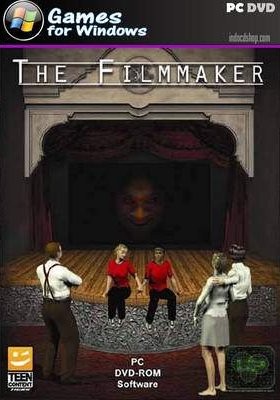
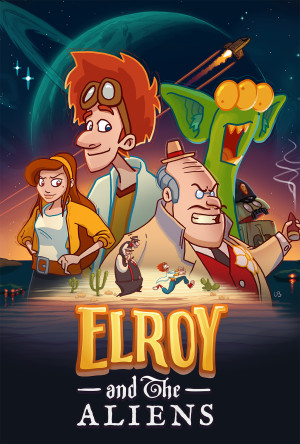
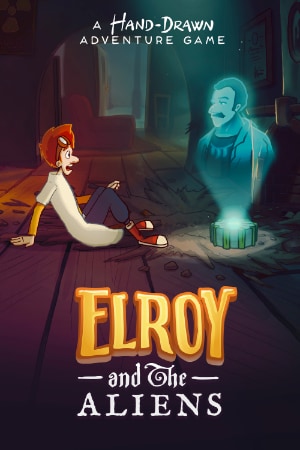




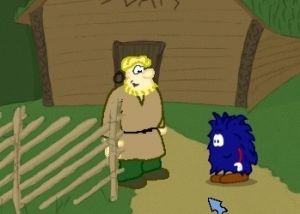
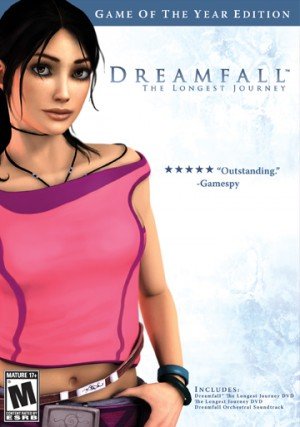
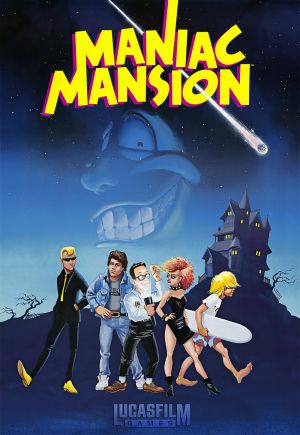
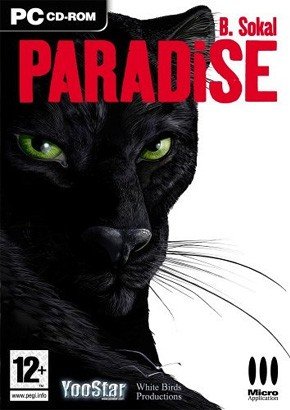
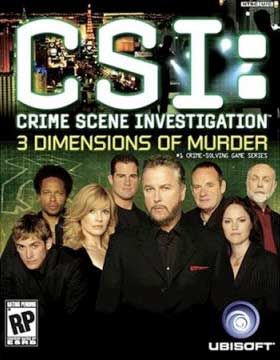
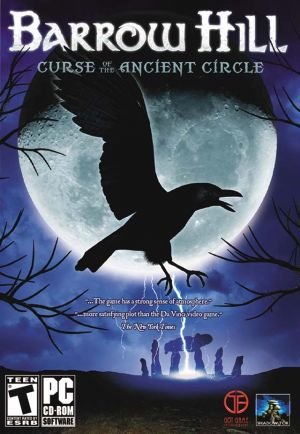
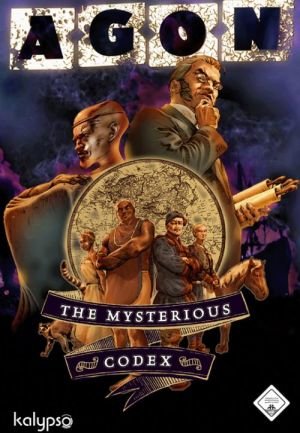
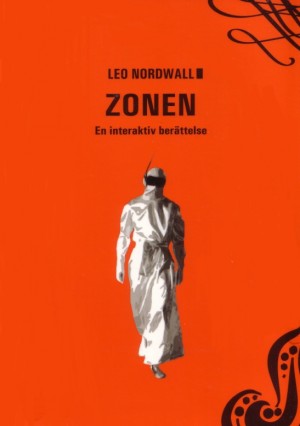


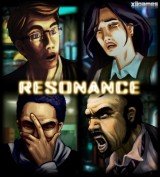

__small.jpg)






